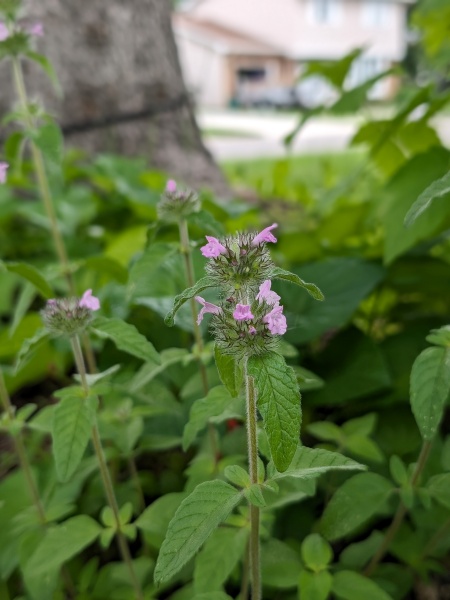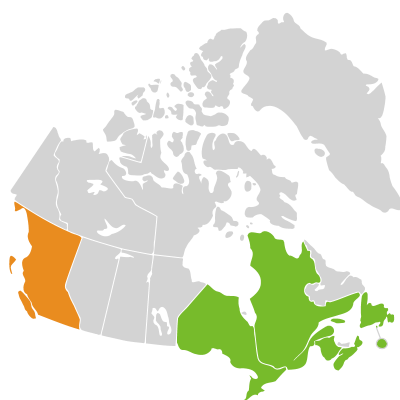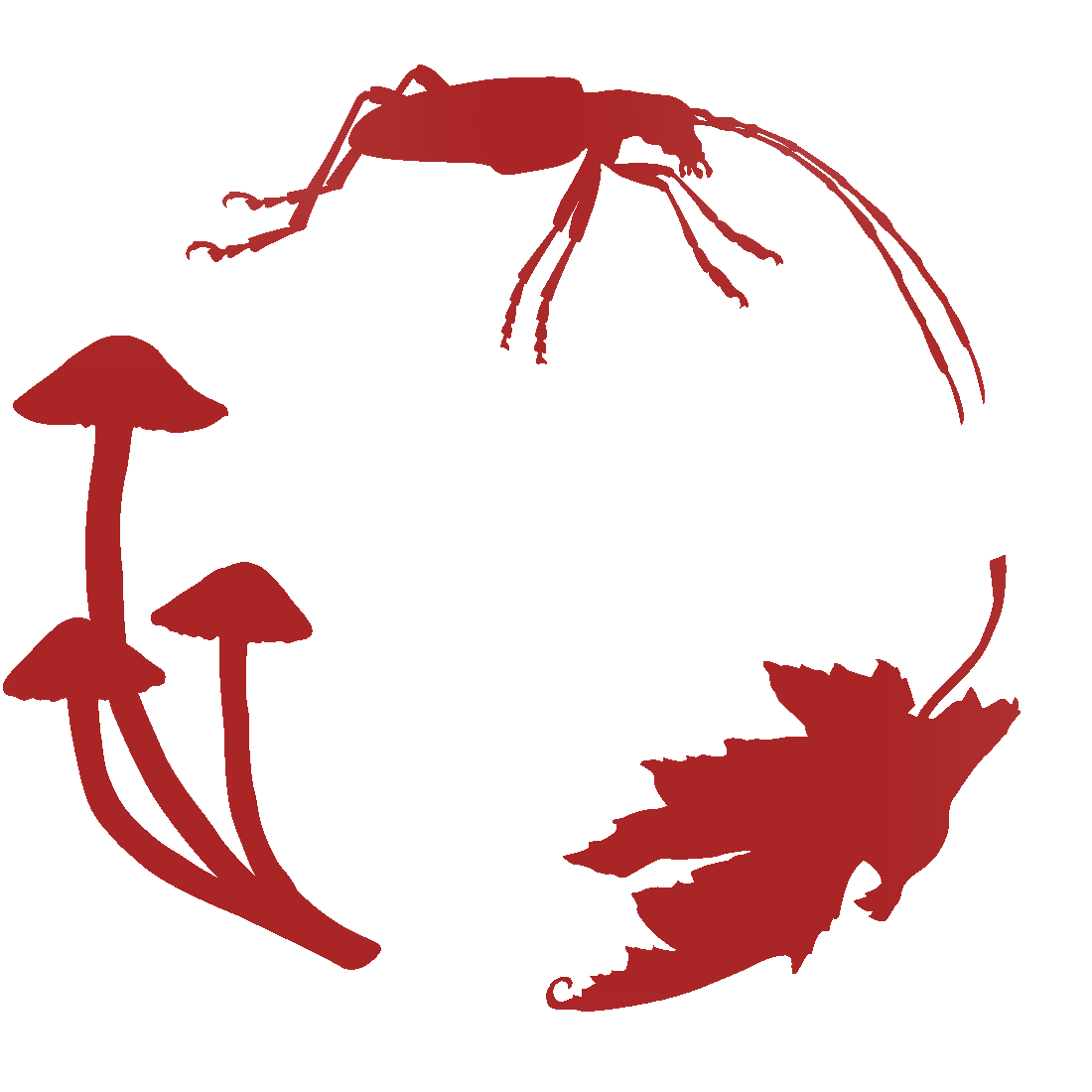
Source: Donna Bos
Clinopodium vulgare
Wild Basil
Sarriette vulgaire
Synonyms
cushion calamint
dogmint
field basil
wild basil savory
Seeds in stock
Available at table Shade
Available at table Shade
We currently accept seeds for this plant
Bloom Colour: Pink
Bloom Period: Jun - Sep
Max Height: 2.0 feet
Max Width: 1.0 feet (spreads by rhizome)
Light Condition:
 More than 6 hours of direct sun a day
More than 6 hours of direct sun a day
 More than 2 or 3 hours but less than 6 hours of direct sun a day
More than 2 or 3 hours but less than 6 hours of direct sun a day
 Less than 2 or 3 hours of direct sun a day
Soil conditions:
Less than 2 or 3 hours of direct sun a day
Soil conditions:
 Tolerates dry soil condition
Tolerates dry soil condition
 Tolerates medium soil condition
Tolerates medium soil condition
 More than 6 hours of direct sun a day
More than 6 hours of direct sun a day
 More than 2 or 3 hours but less than 6 hours of direct sun a day
More than 2 or 3 hours but less than 6 hours of direct sun a day
 Less than 2 or 3 hours of direct sun a day
Less than 2 or 3 hours of direct sun a day
 Tolerates dry soil condition
Tolerates dry soil condition
 Tolerates medium soil condition
Tolerates medium soil condition
Lifespan:
Perennial
plants that will that come back year after year
Gardener Experience:
 Suitable for beginner gardeners
Suitable for beginner gardeners
 Easy to germinate
Easy to germinate
 Self-seeding
Self-seeding
 Suitable for beginner gardeners
Suitable for beginner gardeners
 Easy to germinate
Easy to germinate
 Self-seeding
Self-seeding
Landscape Uses:
 Suitable for rock gardens
Suitable for rock gardens
 Suitable for container garden
Suitable for container garden
 Suitable for school gardens
Suitable for school gardens
 Suitable for woodland gardens
Suitable for woodland gardens
 Suitable for rock gardens
Suitable for rock gardens
 Suitable for container garden
Suitable for container garden
 Suitable for school gardens
Suitable for school gardens
 Suitable for woodland gardens
Suitable for woodland gardens
Ecological Benefits:
No ecological benefits information available.
Tolerates:
 Tolerates limestone conditions
Tolerates limestone conditions
 Tolerates transplantation
Tolerates transplantation
 Tolerates limestone conditions
Tolerates limestone conditions
 Tolerates transplantation
Tolerates transplantation
Special Features and Considerations:
 This plant is septic tank safe
This plant is septic tank safe
 This plant is septic tank safe
This plant is septic tank safe
Plant Location
Native to Ottawa region: Yes
Distribution according to VASCAN

Ephemeral
Native
Introduced
Excluded
Extirpated
Doubtful
Absent
Thrives in Ecozones
- Montane Cordillera
Ecological Benefits
Butterflies Supported by Clinopodium vulgare
No butterfly data available for this plant.
Specialized Bees Supported by Clinopodium vulgare
No bee data available for this plant.
Plants that grow in similar conditions, that bloom at the same time.
Complementary Plants
- Blephilia hirsuta
Hairy Wood Mint
Bléphilie hirsute - Carex sprengelii
Sprengel's Sedge
Carex de Sprengel - Persicaria pensylvanica
Pennsylvania Smartweed
Renouée de Pennsylvanie - Phryma leptostachya
American Lopseed
Phryma à épis grêles - Symphyotrichum shortii
Short's Aster
Aster de Short
Substitute For Non-Native Plants
- Lamium (Dead nettle)
- Ajuga reptans (Bugleweed)
- Lysimachia nummularia (Creeping Jenny)
- Myosotis sylvatica (Forget-me-not)
- Phlox subulata (Moss Phlox)
- Glechoma hederacea (Creeping Charlie)
Sowing Information
Download Seed Envelope Labels (PDF)
- Sowing depth: Surface sow
- Sow anytime
- Stratification duration: 0 days
- Self-seeding
- Notes: Can be sown in late spring in warm soil.
Harvesting and Seed Sharing
- Harvest start month: September
- Harvesting indicator:
- Pods are brown, seeds are dark, and crisp, and little stem connecting the pod to the main stem is brown (not green)
- Harvesting:
- Put pods in food processor or blender and blend seeds, and strain seeds using a strainer
- Seed viability test:
- No test needed before donating
- Packaging measure: Half of one, 1/32 teaspoon
- Seed storage:
- Air dry in paper bag or open container, for a few days until crisp
- Shake seeds to move them once in a while to prevent molding
- Cultivar: No, you can donate without knowing the source as there are only straight species
- Remove non-seed material
- Harvesting video: Watch here
Toxicity Notes
Not known to be toxic to mammals if ingested.


 Canadensis
Canadensis
